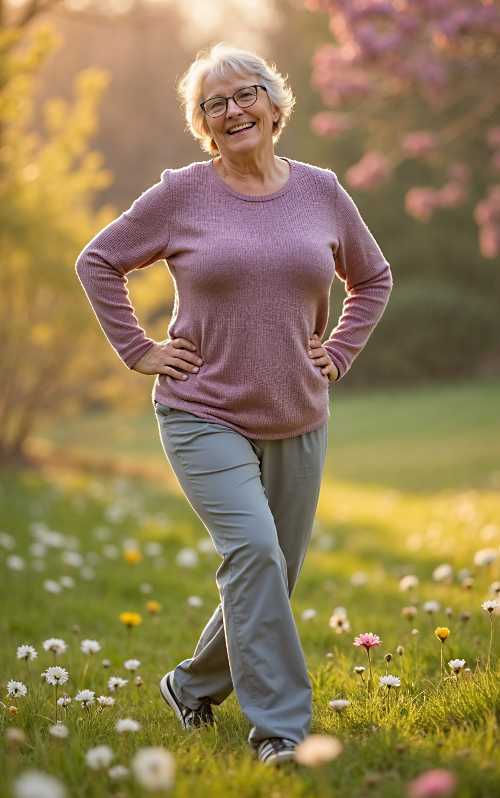Keeping Fit in Your 60s: The Chinese Way
In Chinese tradition, staying active in your 60s isn’t about pushing the body to its limits—it’s about maintaining balance, fluid movement, and inner strength. This stage of life is seen not as a time of decline, but as a natural shift toward refinement and renewal. The goal is to preserve health, not prove something.
 Two of the most respected practices for this age are qigong and taiji. Both are gentle, low-impact forms of movement that emphasize posture, breath, and awareness. Unlike many Western exercise routines that isolate muscles or aim to raise the heart rate quickly, these Chinese systems work the entire body while calming the nervous system. The movements may appear simple, but they build strength, improve balance, and help regulate energy and mood over time.
Two of the most respected practices for this age are qigong and taiji. Both are gentle, low-impact forms of movement that emphasize posture, breath, and awareness. Unlike many Western exercise routines that isolate muscles or aim to raise the heart rate quickly, these Chinese systems work the entire body while calming the nervous system. The movements may appear simple, but they build strength, improve balance, and help regulate energy and mood over time.
Qigong can be practiced standing or sitting, with movements that are repetitive and meditative. It promotes joint health, lung function, and circulation—especially important as we age. Taiji, sometimes called “moving meditation,” involves flowing sequences that challenge memory and coordination while keeping the body supple and stable.
In China, it’s common to see parks filled with people of all ages exercising in the early morning: grandparents practicing taiji beneath the trees, younger adults stretching, teenagers dancing or jogging. Even into their 70s or 80s, many seniors continue to ride bicycles, climb steep outdoor staircases, or use the public fitness stations installed in neighborhoods. Staying fit is not seen as an individual pursuit but as a daily part of life—social, visible, and encouraged.
This open, supportive culture around aging and activity offers an inspiring model. Here in the West, many people hesitate to begin new physical practices later in life. But in truth, beginning in your 60s may bring a deeper appreciation for subtle movement and inner quiet. Even 15 to 20 minutes a day of mindful movement can improve joint mobility, sleep, digestion, and emotional resilience.
Fitness at this age is not about fighting aging—it’s about flowing with it. And like a river that keeps moving, the body and spirit stay clear and alive.
Vocabulary Guide
- Qigong (气功) – Pronounced “chee-gong,” this is a system of coordinated breath, posture, and gentle movement used to regulate qi, or vital energy, in the body.
- Taiji (太极) – Also spelled “Tai Chi,” this is a graceful, slow-moving practice that blends martial arts with meditation and body awareness.
- Qi (气) – The vital life force in traditional Chinese medicine and movement practices, believed to circulate through energy channels in the body.






